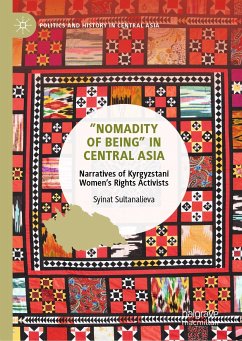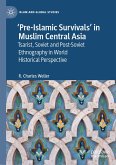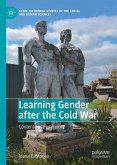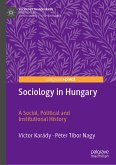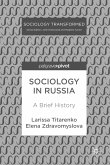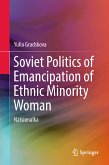This book offers a new framework for understanding feminism and political activiism in Kyrgyzstan, "nomadity of being. " Here, foreign information and requirements, even forced ones, are transformed into an amalgamation of the new and the old, alien and native-like kurak, a quilted patchwork blanket, made from scraps. Conceptualizing feminist narratives in Kyrgyzstan, while keeping in mind, the complex relationship between ideological borrowing, actualization, appropriation or self-colonization of "feminist" concepts can expand both scholarly and activist understanding of specificities of post-Soviet feminisms from a historiographic point of view. Kurak-feminism is feminism that is half-donor-commissioned, half-learned through interactions (personal, media, academic, professional), unashamed of its borrowed nature and working toward its own purpose that is being developed as the blanket is being quilted. Weaving in elements from completely different and, to a Western eye, incompatible approaches nomadity of being might pave the way toward a Central Asian reframing of non-Western feminisms. This provocative text will interest scholars of European politics, the post-Soviet sphere, and feminists.
Syinat Sultanalieva is a Ph.D. researcher at the University of Tsukuba, Japan. In her academic research, she focuses on studying feminist narratives and activism from a decolonial point of view. She is a recipient of the MEXT Japanese governmental scholarship, as well as the Fall 2020 CAAFP Fellowship at the George Washington University. Prior to academia, Syinat has been actively involved in LGBTQ and feminist activism in Kyrgyzstan and Central Asia.
Dieser Download kann aus rechtlichen Gründen nur mit Rechnungsadresse in A, B, BG, CY, CZ, D, DK, EW, E, FIN, F, GR, HR, H, IRL, I, LT, L, LR, M, NL, PL, P, R, S, SLO, SK ausgeliefert werden.
"Syinat Sultanalieva's book Nomadity of Being is based on her dissertation for the special programme in Japanese and Eurasian Studies at the University of Tsukuba, Japan. ... Her work should thus be celebrated as a necessary contribution to the fields of Decolonial Studies and Central Asian Studies ... . In this sense, this dissertation reads as a refreshing and bold manifesto of the kurak, calling for a revolution in feminist and decolonial theory." (Naomi Ntakiyica, IQAS, International Quarterly for Asian Studies, Vol. 54 (4), 2023)

